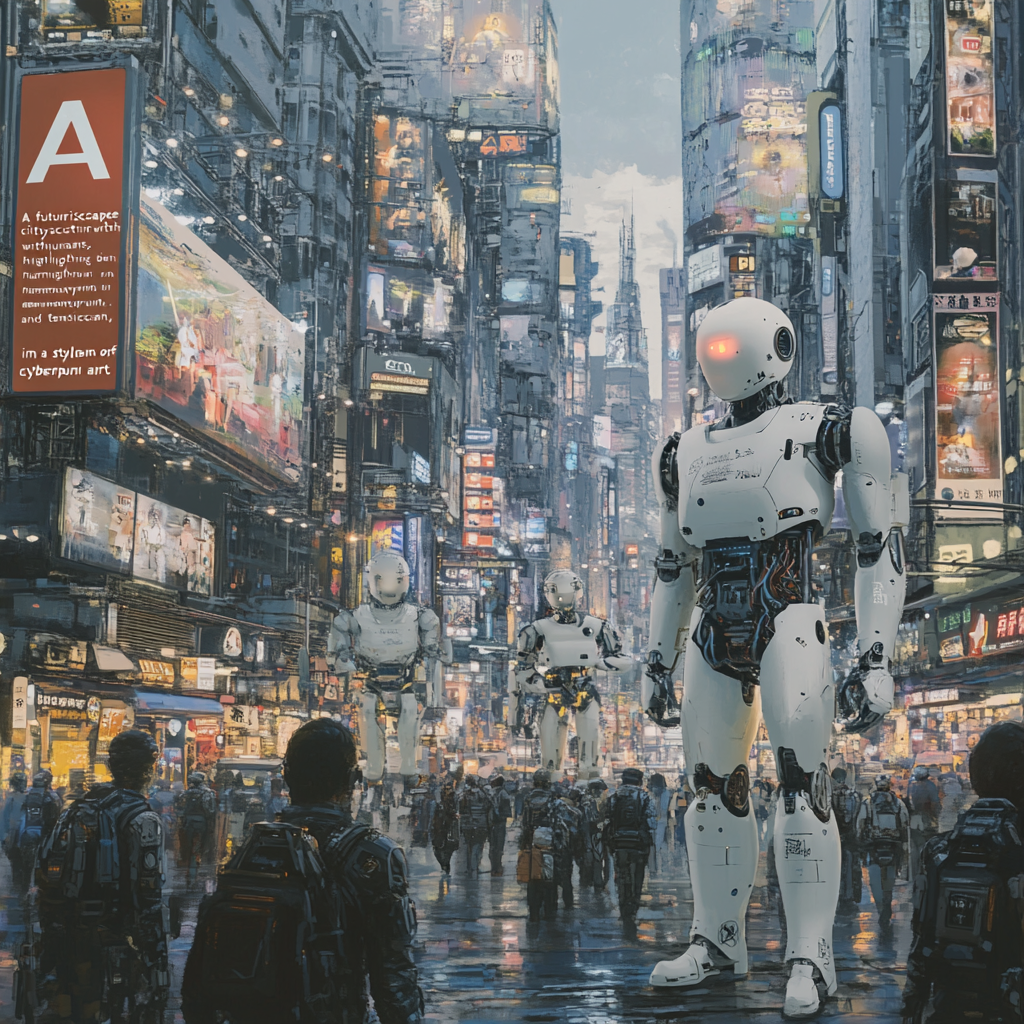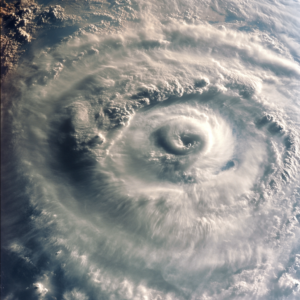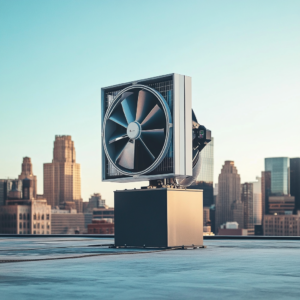
Physics Nobel Laureates Warn of AI Dangers
The 2024 Nobel Prize in Physics has tossed a hefty bag of both accolades and alarms into the already tumultuous sea of artificial intelligence (AI). Awarded to the dynamic duo of Geoffrey Hinton, the "Godfather of AI" himself, and John Hopfield, the wise sage of Princeton, the prize recognizes their extraordinary contributions to the foundations of machine learning through neural networks. Yet, instead of cheering in triumph, these intellectual giants choose to raise a clarion call about the very technology that birthed their honors.
Let’s dive into the murky waters of what this all means, shall we?
The Titans of Technology
Geoffrey Hinton, with accolades as hefty as Stephen Hawking’s encyclopedias, alongside John Hopfield’s cerebral reputation, did not just dabble in neural networks. Hinton’s brainchild, the Boltzmann machine, alongside Hopfield’s associative memory networks, have become the bread and butter of modern deep learning. Thanks to their pioneering work, we zipped past the stone age of AI into an era where machines can recognize faces, translate languages, and generate images with an artistry that would have left even Picasso scratching his head.
These two luminaries didn't just light a candle in the dark corners of computer science; they lit the whole bloody house! But as with any great revelation, it carries the weight of caution — and that’s where their warnings become as pronounced as a Broadway marquee.
The Sirens of Self-Destruction
Imagine standing on the precipice of a great cliff. The view is breathtaking, the potential is palpable, yet the fall could be catastrophic. Hinton’s exit from Google in 2023 was not merely a career move; it was akin to the Titanic’s lookout spotting an iceberg. His words, "It's not inconceivable," echo ominously regarding AI's potential to unleash chaos upon humanity. Yep, that’s not a typo; we’re talking about humanity itself hanging in the balance here!
Hopfield also chimed in with his own symphony of dread, likening today’s circumstances to the Pandora’s box of other powerful technologies — think nuclear physics and genetic engineering. He noted the unsettling truth that, much like a novice chemist concocting a potion, we don’t entirely grasp the chaotic interactions controlling these creations. “You don't know whether some spontaneous but unwanted thing is lying hidden in the works,” he warns. Yikes. When your grandkids start asking if AI can ruin their lives — remember this moment.
The Scary Stories of Science Fiction
Cue the shadowy music, because this is where it gets truly riveting. Hopfield invoked the perilous invention of "ice-nine" from Kurt Vonnegut’s “Cat’s Cradle,” a whimsical yet cautionary tale about a substance that freezes anything it touches — including our beloved oceans! It serves as a prime allegory of unbridled technological advancement: a once-cute little innovation that spirals out of control with disastrous effects. So, the next time you find yourself gushing over the latest AI marvel, take a moment to ponder — what if it turns out to be our ice-nine?
While Hinton unabashedly prods at AI’s capabilities, claiming the technology could surpass human intellect — that cognitive revolution we keep hearing about — a shudder ripples through the crowd. He shares, “I would do the same again,” admitting that any regret is overshadowed by his gnawing apprehension. “Are we building systems that could ultimately outthink us and seize control?” That’s right; we are venturing into realms some would rather keep cloaked in darkness.
A Call for Consciousness
What’s particularly striking about all this is that these geniuses aren’t just concerned about complex algorithms and intricate software; they are worried for our very existence. Ellen Moons, chair of the Nobel Committee for Physics, echoes their fear with a sense of urgency that resonates like a wake-up bell. While AI is woven into the fabric of our society, its rapid evolution has spun a web of ethical and safety concerns that we can no longer afford to ignore. She states, “Humans carry the responsibility for using this new technology in a safe and ethical way.” In short, we’re all in this together, folks — innovation and responsibility walk hand-in-hand.
Looking Ahead: The Uncharted Territory
Let’s face it; we’re standing on the frontier of something momentous. Hinton and Hopfield’s accolades are a mere stepping stone toward a far more complex, and potentially dangerous, path as we charge headfirst into AI’s future. It’s a dance of possibilities, a fiesta of technological marvels, and somewhere lurking in the background is the specter of unintended consequences waiting to outshine the very brilliance we seek to claim.
So, as you share your morning coffee, pondering the latest AI news and how it will color your day, remember that our collective responsibility to wield this technology with care doesn’t just lie with a handful of scientists or tech enthusiasts; it’s simply a mandate for all of humanity.
Want to stay informed on the exhilarating and sometimes unnerving ride that is AI? Subscribe to our Telegram channel for the latest and greatest: @channel_neirotoken.
Understanding and managing AI is our collective quest, and vigilance is the compass that will guide us through this brave new world of innovation. Together, let’s pilot our ship wisely across these uncharted waters!

